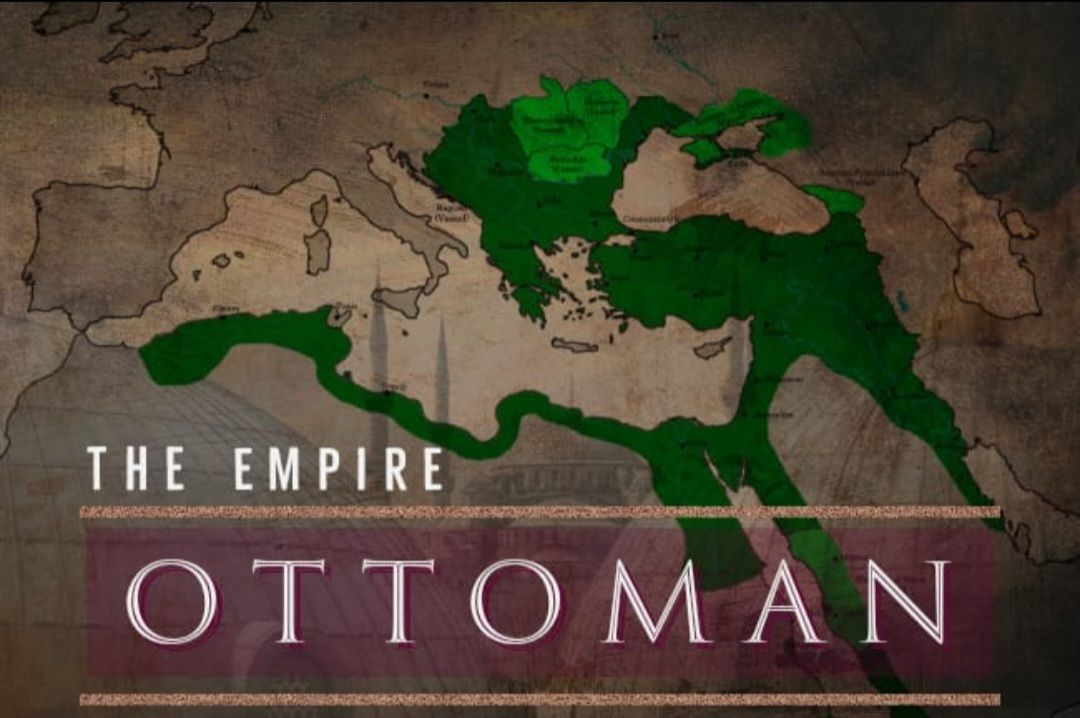
[33] The Ascent and Decline of The Ottoman Empire
In The Name of Allah, The Most Merciful, The Bestower of Mercy.
Allah said:
وَلَا تَقْفُ مَا لَيْسَ لَكَ بِهِۦ عِلْمٌ إِنَّ ٱلسَّمْعَ وَٱلْبَصَرَ وَٱلْفُؤَادَ كُلُّ أُو۟لَٰٓئِكَ كَانَ عَنْهُ مَسْـُٔولًا
And follow not (O man i.e., say not, or do not or witness not, etc.) that of which you have no knowledge (e.g. one’s saying: “I have seen,” while in fact he has not seen, or “I have heard,” while he has not heard). Verily! The hearing, and the sight, and the heart, of each of those you will be questioned (by Allah). [Al-Isra 36]
Prior to delving into the biography of Sultan Abdul Hamid I, the author briefly touched upon the life of Sultan Murad V. However, we have chosen to omit his biography from this series due to certain negative claims associated with him that we cannot verify. Given that this matter pertains to the honour of a Muslim, we are obliged to withhold any information regarding his life until we can confirm the veracity of these allegations. It is undeniable that the decline of the Ottoman Empire brought about numerous unfavorable transformations, yet attributing these specific changes to any individual necessitates concrete evidence. Now, let us proceed with the biography of Sultan Abdul Hamid I.
Sultan Abdul Hamid I [1293 – 1326 AH / 1876 – 1909]
He was the thirty-fourth sultan of the Ottoman Empire. He ascended to the throne at the age of thirty-four, having been born on the 16th of Sha’ban in the year 1258 AH (1842). His mother passed away when he was just ten years old. Subsequently, his father’s second wife, who was unable to bear children, took on the responsibility of raising him. She strove to fulfill the role of a mother, showing him with affection and even bequeathing her inheritance to him. He was profoundly influenced by her nurturing, admiring her dignity, piety, and calm demeanor. This upbringing left a lasting impact on his character throughout his life.
He received a structured education at the royal palace, guided by a select group of the most renowned scholars of his time (within the empire), both in knowledge and character. He studied the Arabic and Persian languages, delved into history, developed a passion for literature, and explored Tasawwuf. (I) He also composed some poetry in Ottoman Turkish. He trained in weaponry, mastering the use of the sword and achieving accuracy with a pistol. He maintained his physical fitness and showed a keen interest in global politics, closely following news related to his country with exceptional attention to detail and rare precision.
An Excerpt from ‘Ad-Dawlah Al-Uthmaaniyyah Awaamil An-Nuhood Wa Asbaab As-Suqoot. 6/441
[I] The Sufism practiced during the some periods of the Ottoman era is extensively recorded. While the author did not elaborate on the extent to which this Sultan engaged with Sufiyyah, we can infer that if his understanding aligned with contemporary Sufiyyah, there would be significant concerns regarding this practice. However, if his approach mirrored that of the early Sufis, we can glean insights into his practices from the information shared in the link by Shaikh Abu Iyaad, may Allah protect him. http://www.ibntaymiyyah.com/articles/dgfil-the-origin-of-the-sufis-is-from-basrah-iraq.cfm
To be continued…InShaAllah

